Something that stops a ton of people in their tracks when it comes to eating healthy is believing that unless they can afford organic food, they’re wasting their time.
And because organic food is often more expensive than its non-organic counterparts, a lot of people are also under the impression that eating healthy is expensive.
But is it really?
And do you have to eat organic to lose weight and live a healthier lifestyle?
First of all, not everything labeled organic is good for you, or even better than the non-organic version. Some is, but a lot isn’t.
Yet society’s brainwashed us into believing that if a food label says organic, it must be healthier.
That’s simply not the case!
Let’s use oranges as an example. The second you pick an orange from a tree, its vitamin content starts deteriorating, little by little.
Can you imagine how many vitamins it’s lost by the time it hits your local grocery store? And how many more deteriorate by the time you take it home and get around to eating it?
This happens whether or not the orange is organic.
As for whether or not everyone who eats organic loses weight and leads a healthy lifestyle, the answer is NO.
Eating organic avocados isn’t gonna do you a hill of beans good if you’re filling the rest of your shopping cart with soda, Cheetos, ice cream, and frozen pizza.
“But Cristy, eating healthy is expensive!”
When you eat a high-fat diet like Code Red, it’s not.
Fat keeps you full (as does drinking all your water), so you naturally eat less.
That means you need less food in one sitting, which means your grocery bill goes down. It happens all the time for my Rebels.
If you’d like more information on why you don’t need to eat organic to lose weight and get healthy (including what you can do if you’re interested in getting truly organic foods at a reasonable price), my brand new video, released just this morning, goes into tons more detail.
